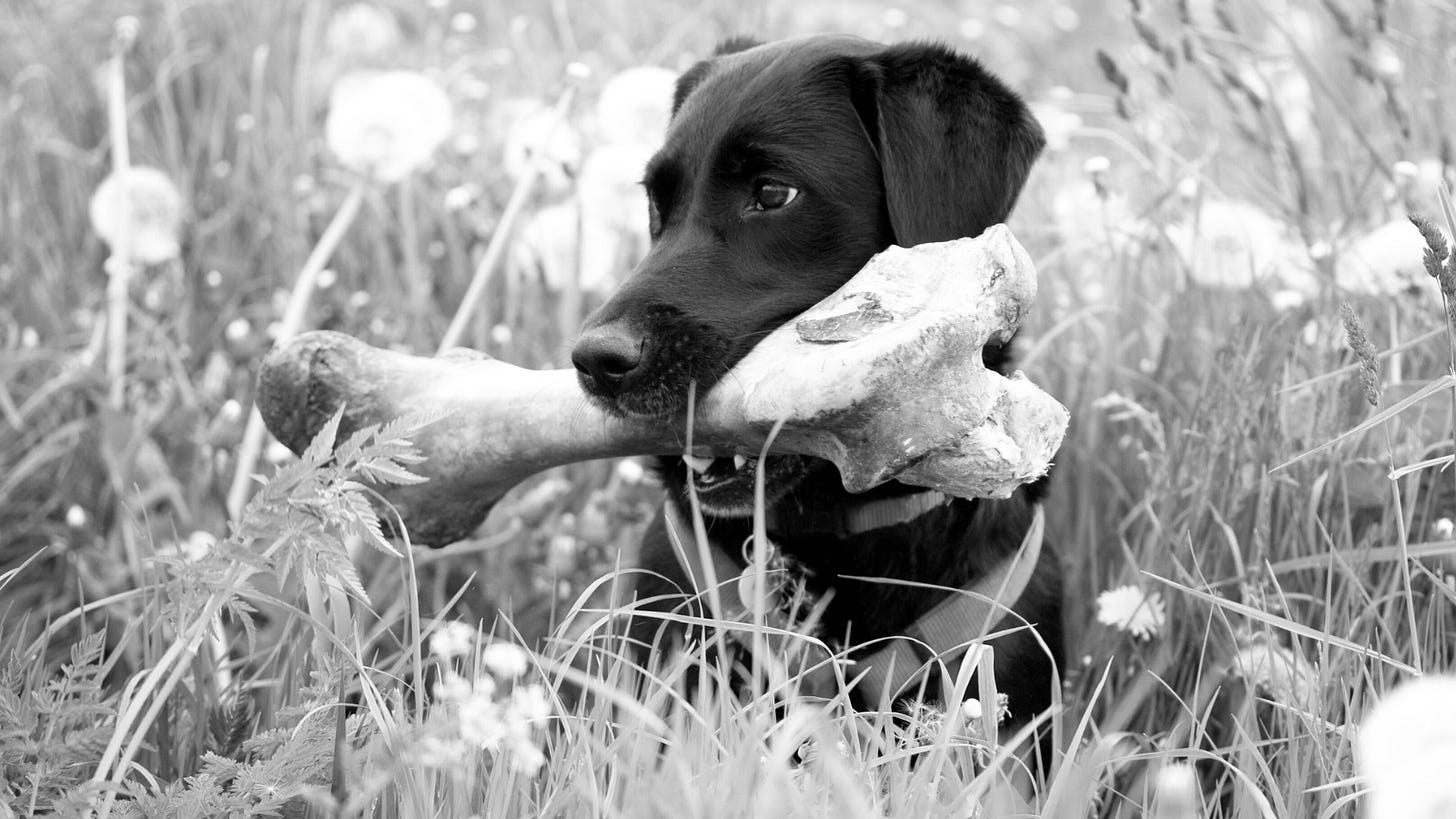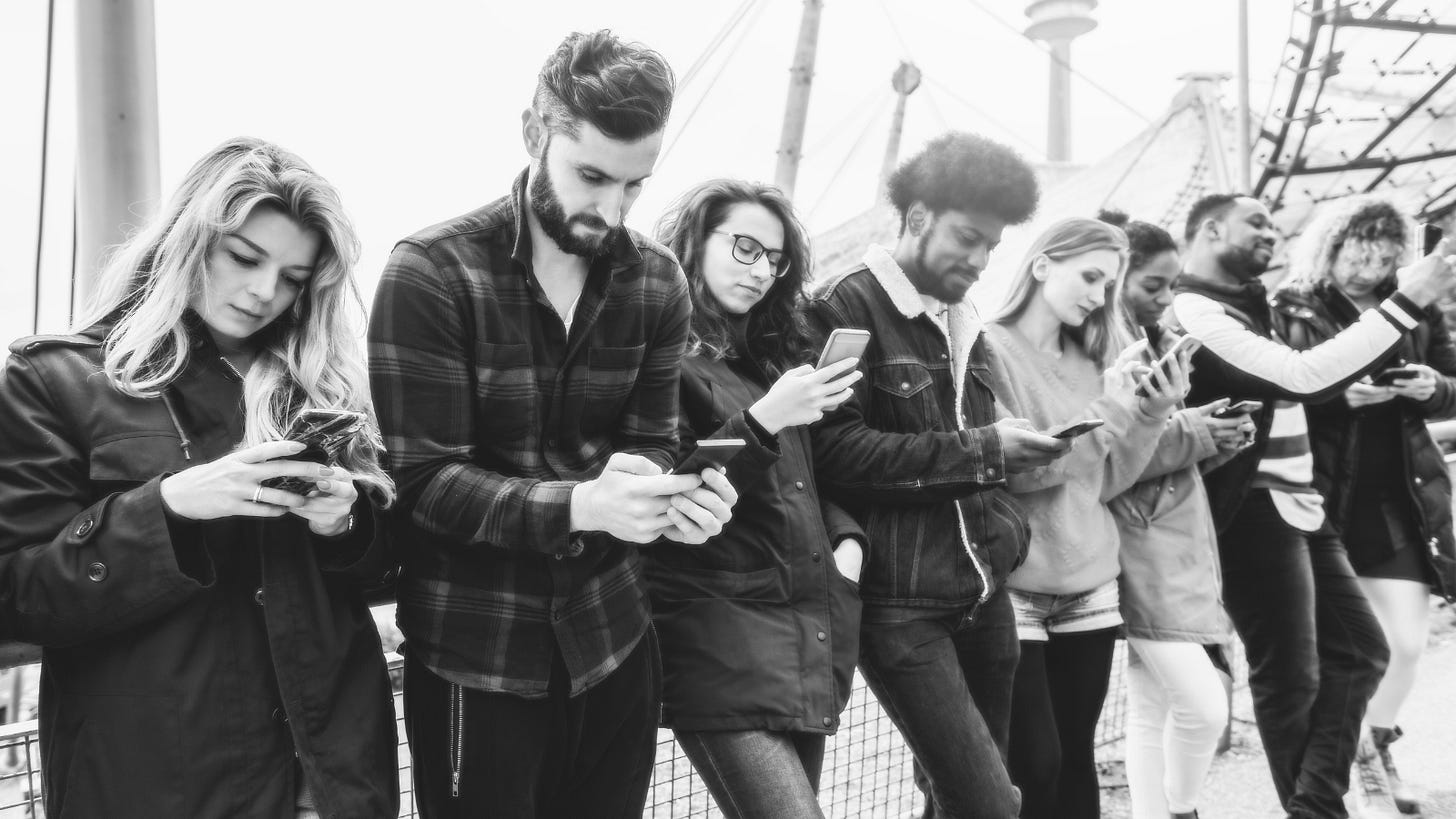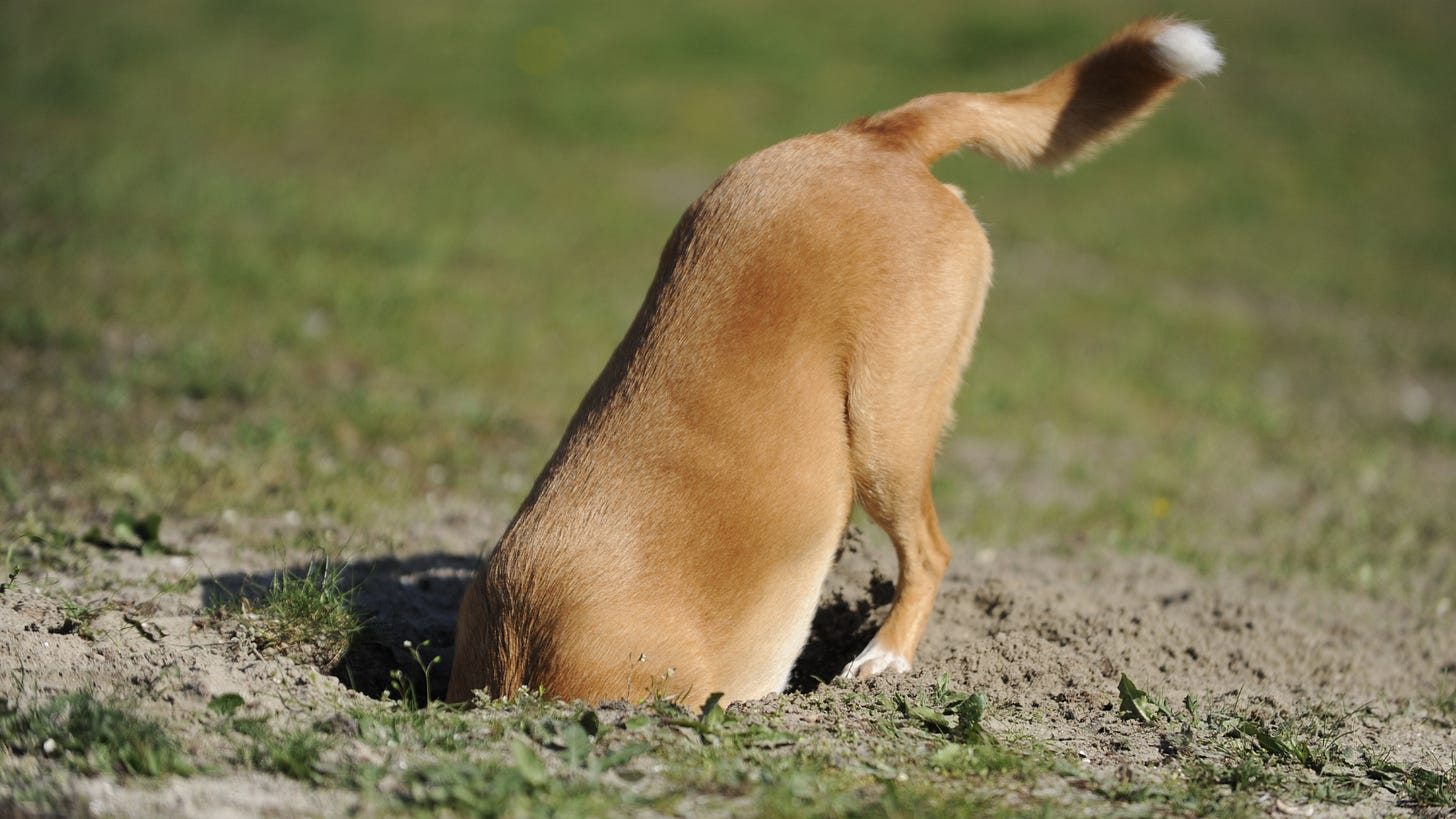Before we jump in- a bit of admin stuff first:
I'm running an experiment (let's call it an adventure) exploring how we can transform our "Confetti Minds" into something calmer, more focused, and more impactful.
Quick note on scarcity (because it's real): 24h to join, 5 spots left. You can do it here
No pressure, no obligations. This is simply an invitation to pause, reflect, and try a few things out.
Why am I doing this?
Because I’ve learned the hard way that to achieve what really matters, I often need less or different—not more. But that’s counterintuitive—and hard.
So, here’s what we’ll explore together:
Why our minds resist slowing down
What we can actually do about it
How to build more awareness
Why self-compassion matters
Setting realistic expectations
Experimenting with curiosity
"Confetti Mind" might be for you if you're running faster and faster, yet somehow feeling more stuck.
This isn’t a dopamine detox or a productivity hackathon. It’s about attention—mapping your inner and outer world. No monk mode required. Just a willingness to ask:“What am I gaining from this frenzy—and what am I giving up to get it? Is it worth it?”
What to expect:
No flashy presentations—just presence
Less consumption, more action
Less overwhelm, more clarity
It’s not about fixing—it’s about observing, reflecting, and aligning. And don’t worry—no "hacks." You can ask AI for those. I want you to be the source of insight, using your life as the data.
OK. Sermon over! Back to the fun stuff.
Years ago, I had this rescue dog—adorable but carrying the scars of a past marked by scarcity. When we gave him a big bone, he'd grab it and sprint to the garden, burying it in a "safe" place. He was saving it for later, for times of need.
But those times were over.
New bones kept coming, alongside bowls of food. Yet, he couldn’t grasp that. He never went back to dig up the old bones. We had to dig them up ourselves when they began rotting in the garden.
Most of us do the same thing.
We hoard ideas, opportunities, and information. We store potential in the corners of our minds, convinced we’ll need it someday. All while we’re driven by an engineered sense of craving and scarcity.
Our brains have become digital hunter-gatherers, endlessly foraging through feeds, notifications, and updates.
We’re not focused. We’re scanning. Compulsively. Always wondering if there’s better prey in the next tab.
Ouch.
A few years ago, this became personal.
I was the quintessential procrastinator—constantly in motion but with little to show for it.
Ideas? Plenty.
Intentions? Abundant.
Potential? I’d like to think so.
Something wasn’t clicking. Things were getting worse.
When I started digging deeper, I uncovered a whole world of hidden forces: human nature, evolutionary programming, the radical changes in our environment.
Think about your last work session. Were you writing that report—or keeping one eye on your inbox? Were you designing that presentation—or glancing at messages, just in case? Why? Not because you had to. But because your brain is stuck in gatherer mode, perpetually asking, "Is this really the best use of my time?"And usually, the answer it gives you is, "Probably not."The pursuit of "better" becomes the enemy of good.
We’re so busy trying to optimize our attention that we end up investing it nowhere at all.
It’s our craving mind—conditioned by years of chasing instant gratification, avoiding discomfort, and feeding scarcity.
Those "quick checks" of email, X, or Instagram? They cost more than you think: your real dreams and ambitions. They disrupt whatever traction and flow you could create.
Each time you switch, your brain restarts the important stuff from scratch.
We’re caught in a loop. Our ancient brains are playing a modern game—like navigating medieval streets during rush-hour traffic.
The Ultimate FOMO
I have a reputation among friends for asking questions that make them roll their eyes.
"Oh God, not again..."
But I’m often surprised they haven’t asked themselves these questions before.
What do people think about if not that? Our brains can resist many things, but rarely a great question.
Unless, of course, they have an easy way out—and today, they usually do.
It’s called the internet.
No Pause Button
Here’s one more fun thing we need to deal with: the world has stripped away most natural stopping cues and replaced them with endless scrolls and infinite feeds.
But there’s one stopping cue we can’t escape.
Our own finite nature.
Death—the ultimate FOMO.
As a photographer for nearly two decades, I’ve learned that both photography and life are about choosing what to frame and what to leave out. Each click of the shutter is a commitment—a choice to capture this moment and let the others go. But in a world of endless digital captures and infinite storage, even that has become harder.
Want But Won’t
Most people I know, myself included, aren’t stuck because we lack ambition, potential, or skills.
We’re stuck because we care too much.
We carry so many dreams, so many what ifs, that we generate immense inner pressure.
That pressure builds anxiety, and that anxiety jams the whole system.
The hardest part isn’t wanting or caring. It’s choosing. Committing.
Letting go of the paths you didn’t take—or won’t take.
We’re terrified of choosing wrong—so we choose nothing at all.
It’s hard in a world where every "what if" sparkles with potential, while the path you’re on shows every bump and imperfection.
The Grass Is Always Greener
Maybe the answer isn’t more optimization or better productivity systems. Maybe it’s in seeing our limits not as failures—but as features.
In slowing down.
In observing.
Letting the mud settle so the patterns can emerge. When we do this, we access a different level of clarity—beyond the noise, beyond the overwhelm. Not by gathering more, but by seeing what’s already there—differently.
Is it easy to do?
Nope.
But maybe asking whether it’s easy or hard is the wrong question.
Maybe we should focus on asking if it’s worth it.
Feel like you want to commit to something, have a container to do your work and start following through? This might be for you.
Need more clarity and calm before that? I get it.






